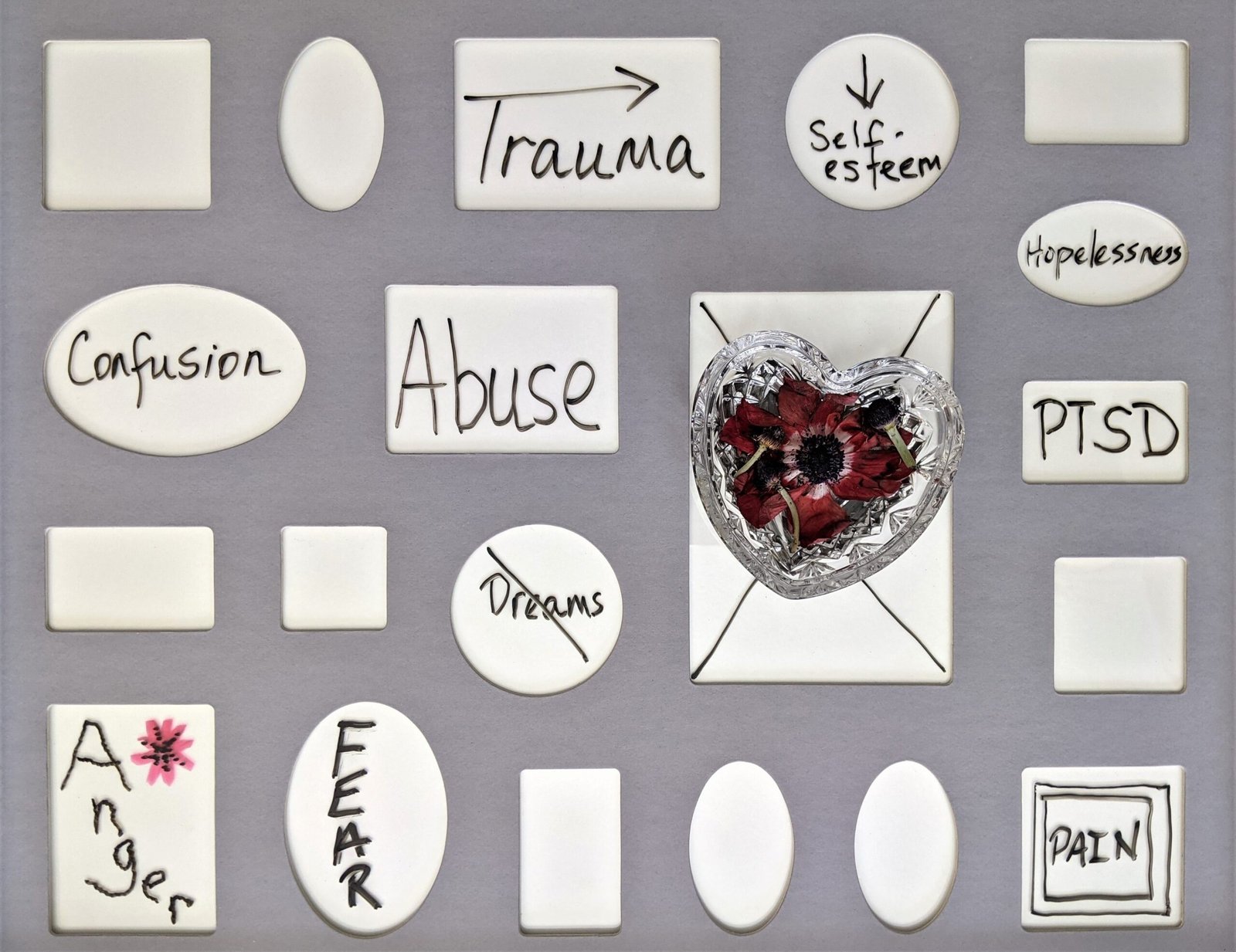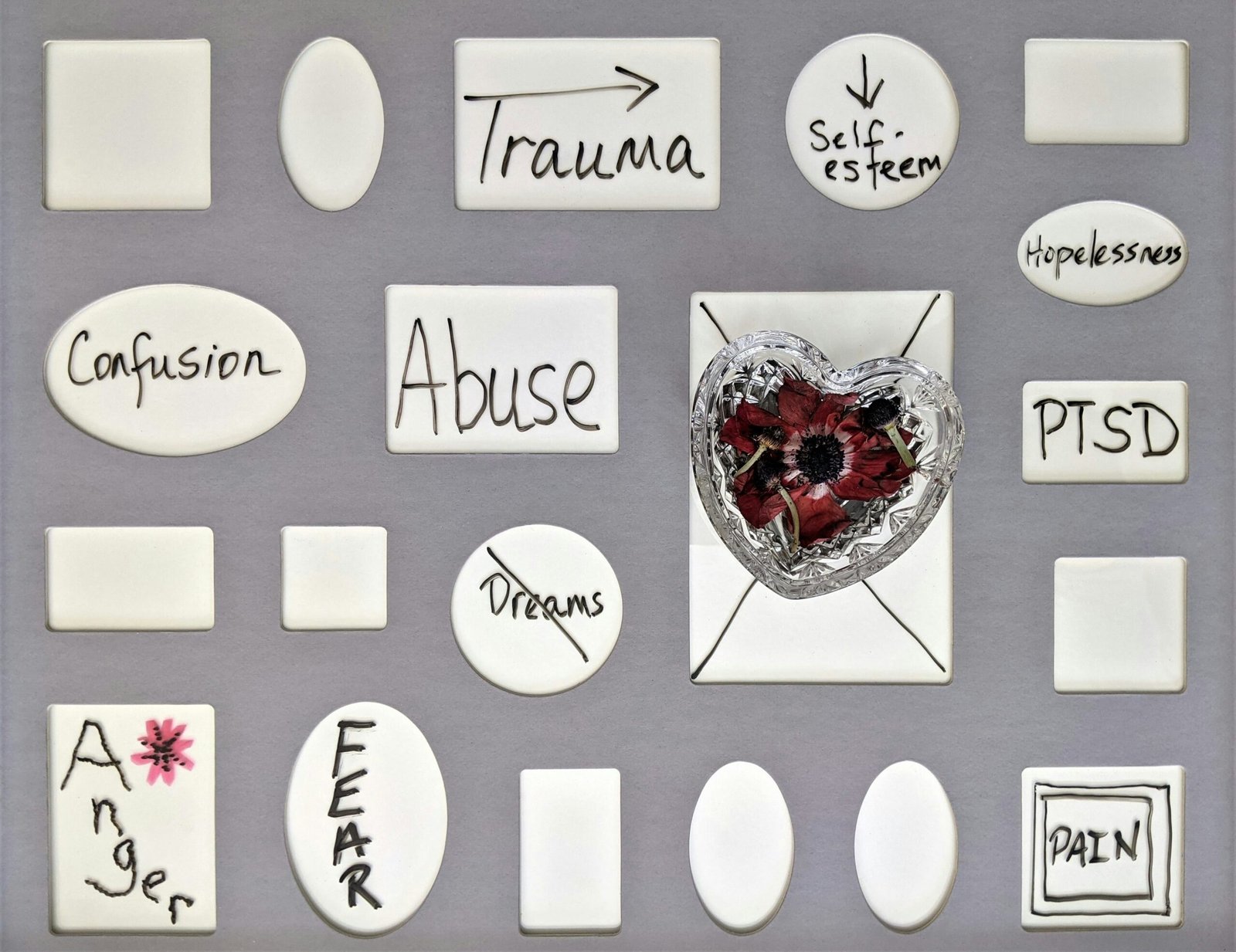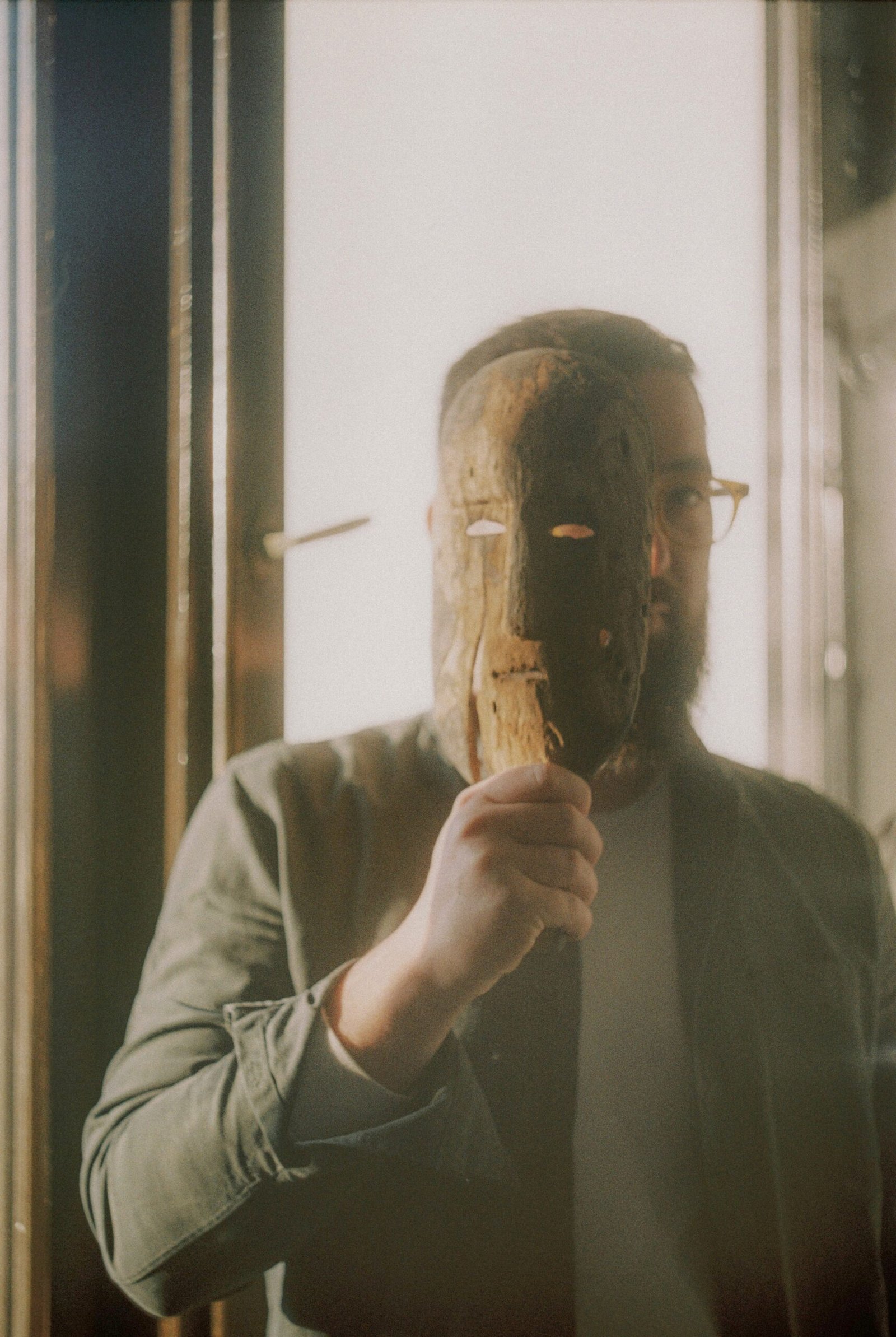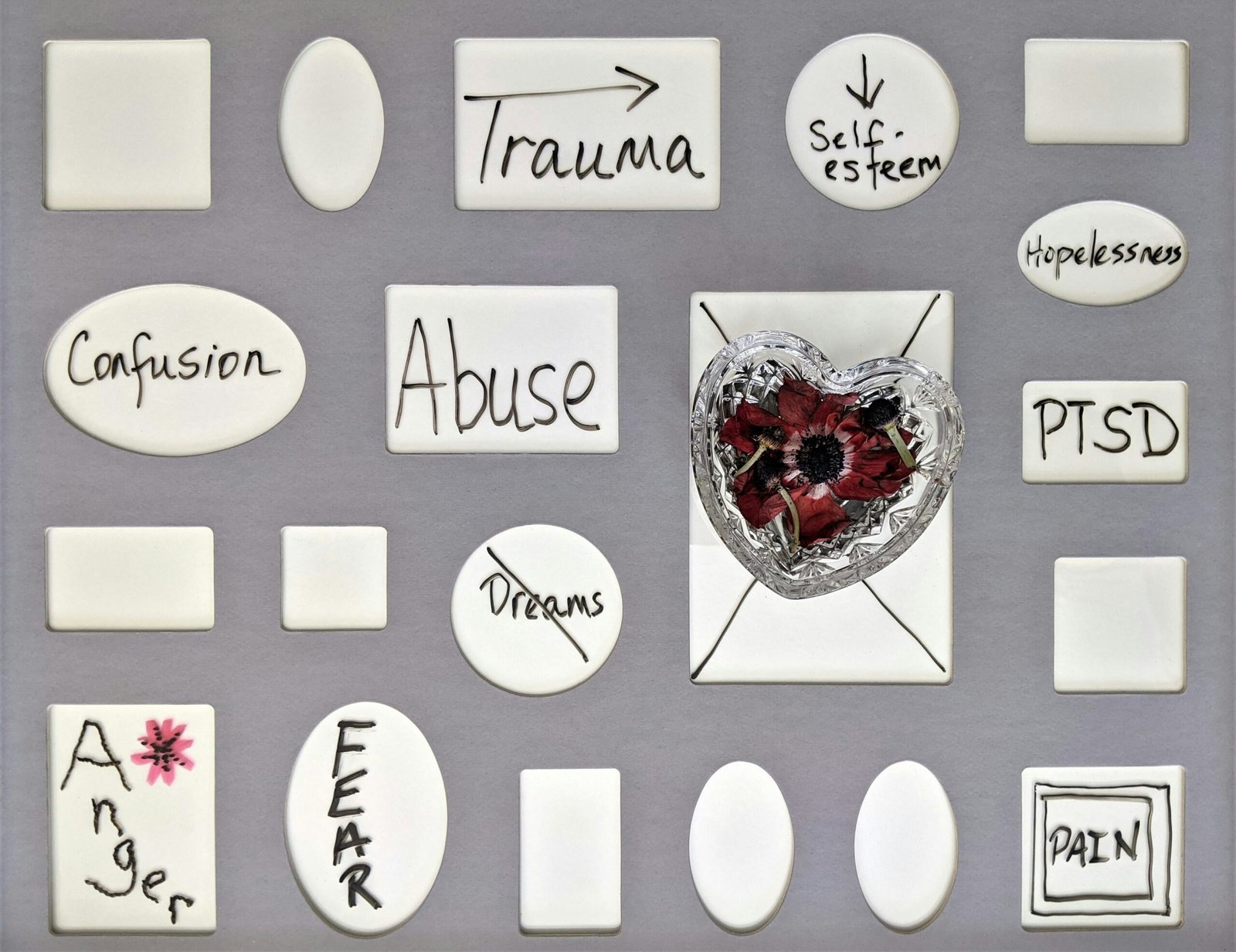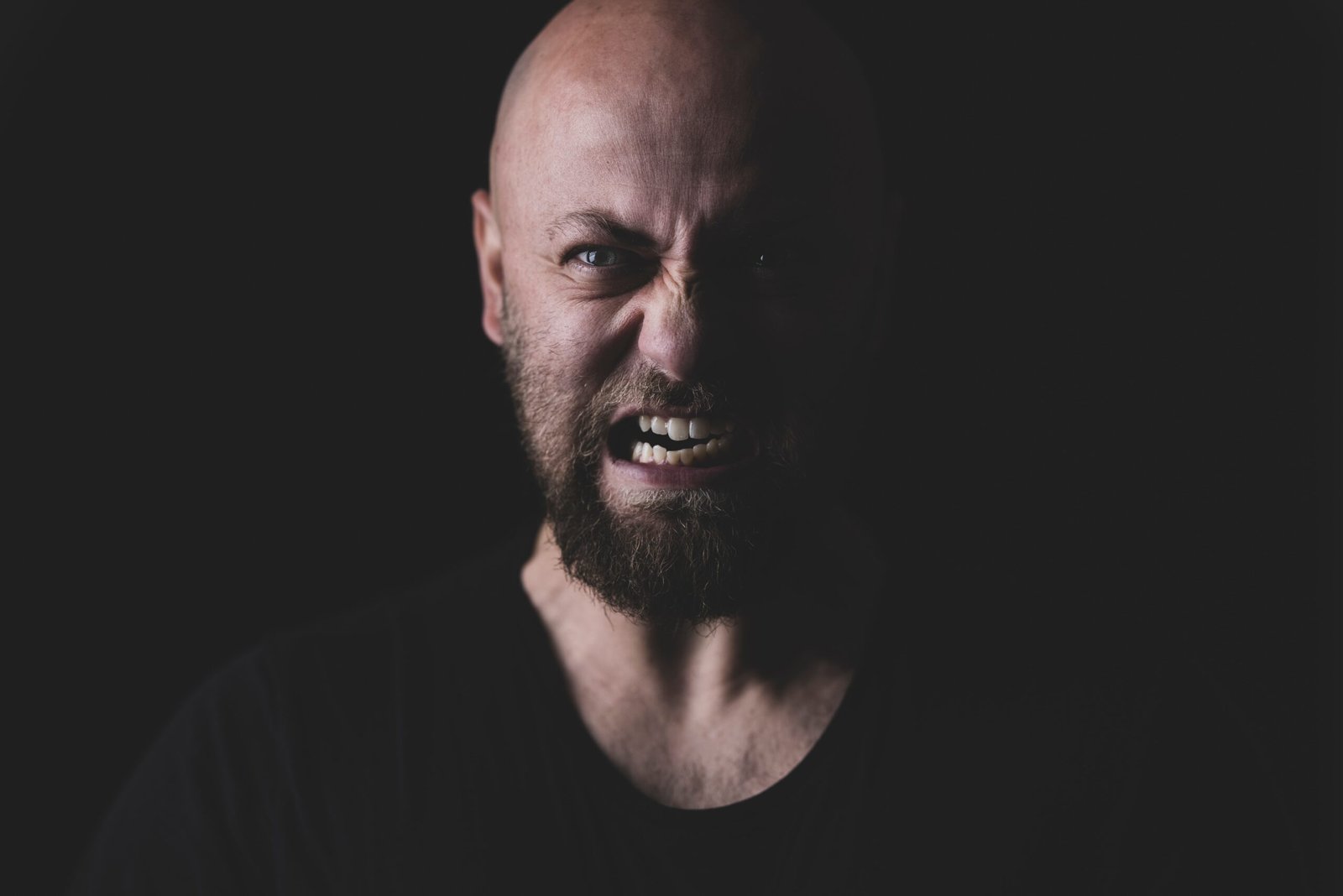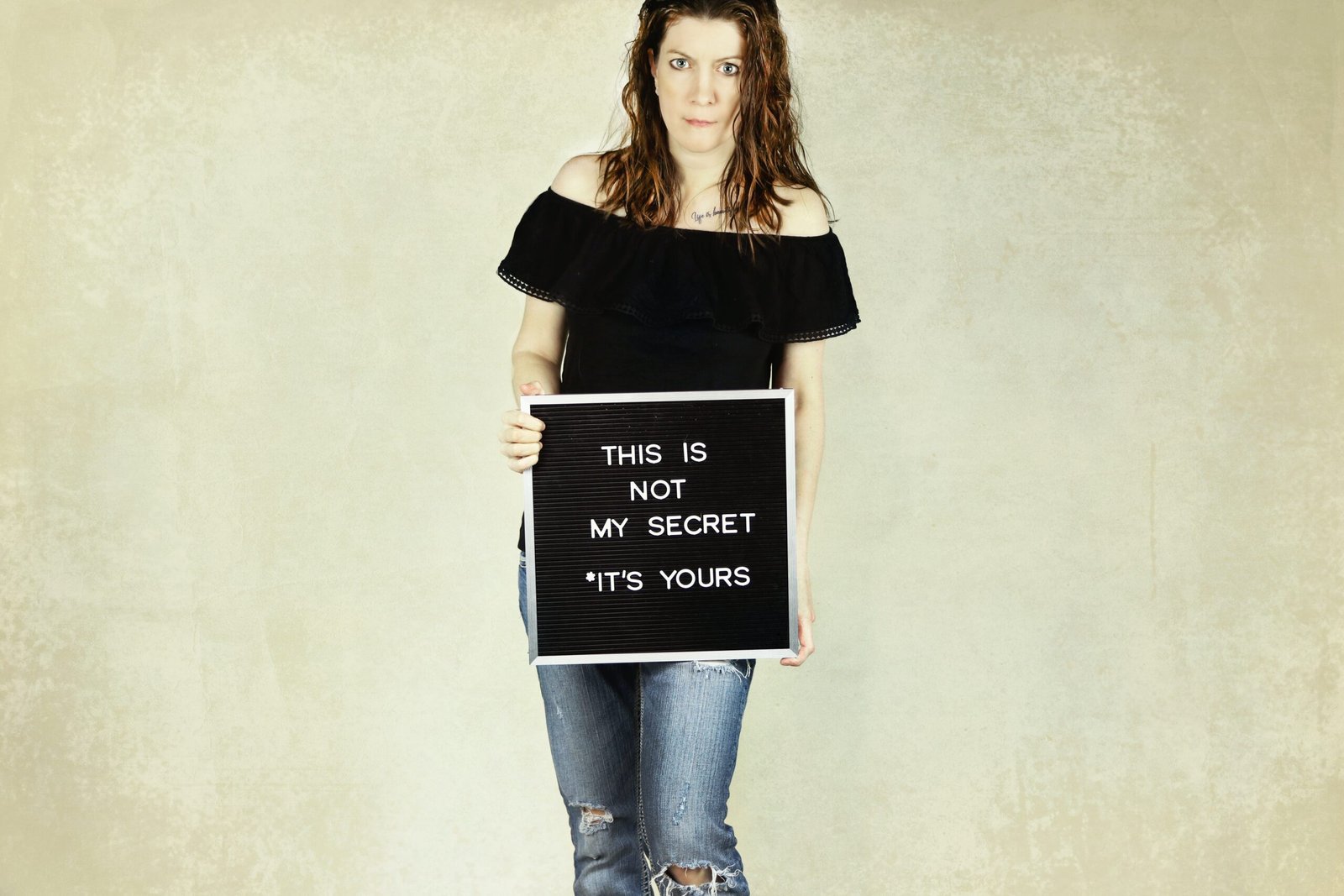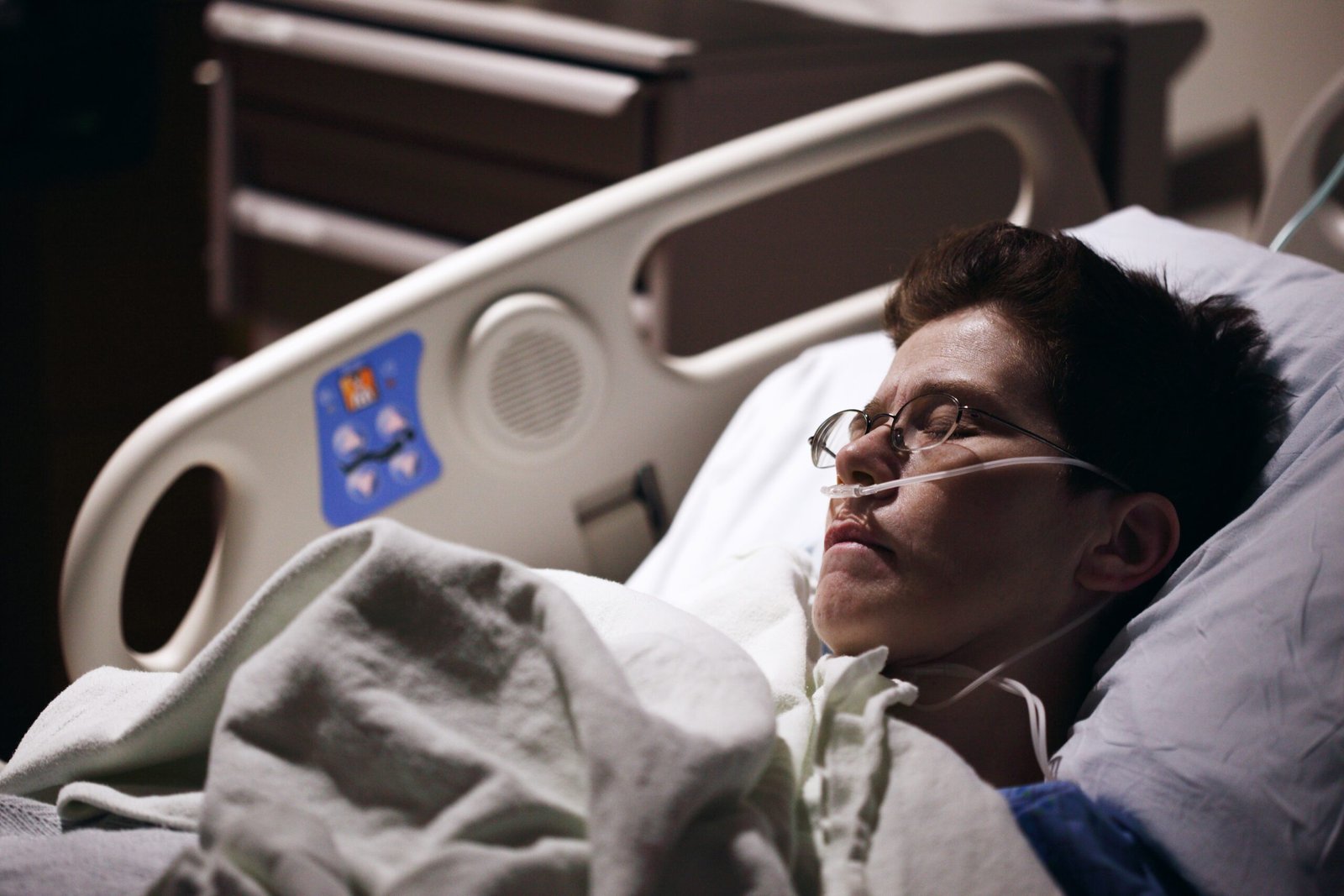Introduction
Imagine living in a constant state of fear, anxiety, and distress. This is the reality for millions of people who have experienced trauma and are now grappling with post-traumatic stress disorder (PTSD). Coping with trauma and PTSD is a complex and deeply personal journey, but with the right strategies and support, healing and recovery are possible.
Understanding Trauma and PTSD
Trauma refers to an overwhelming experience that exceeds one’s ability to cope and leaves a lasting impact on their mental, emotional, and physical well-being. PTSD is a specific form of trauma that occurs after exposure to a life-threatening event, such as combat, natural disasters, or assault.
Top Strategies for Coping with Trauma and PTSD
1. Seek Professional Help
One of the most important steps in coping with trauma and PTSD is reaching out to a qualified mental health professional. Therapists specializing in trauma can provide evidence-based treatments like Cognitive Behavioral Therapy (CBT), Eye Movement Desensitization and Reprocessing (EMDR), and Exposure Therapy.
2. Build a Support Network
Recovering from trauma is not a journey that should be undertaken alone. Surround yourself with a strong support network of friends, family, and support groups who can provide understanding, empathy, and encouragement along the way.
3. Practice Self-Care
Self-care is essential for healing and recovery. Engage in activities that bring you joy, relaxation, and a sense of well-being. This could include exercise, meditation, journaling, or pursuing creative outlets.
4. Develop Coping Mechanisms
Find healthy coping mechanisms that work for you. This could involve deep breathing exercises, grounding techniques, or engaging in hobbies that provide a sense of calm and distraction from distressing thoughts.
5. Educate Yourself
Understanding trauma and PTSD can empower you on your journey to recovery. Read books, articles, and reputable online resources to gain knowledge about the condition, its symptoms, and available treatments.
6. Practice Mindfulness
Mindfulness is a powerful tool for managing trauma and PTSD symptoms. By staying present in the moment and cultivating self-compassion, you can reduce anxiety, improve emotional regulation, and enhance overall well-being.
7. Engage in Physical Activity
Regular exercise has been shown to have numerous benefits for mental health, including reducing symptoms of anxiety and depression. Engage in activities like walking, jogging, yoga, or dancing to boost your mood and reduce stress.
8. Avoid Self-Medicating
While it may be tempting to turn to alcohol, drugs, or other unhealthy coping mechanisms, these substances can exacerbate symptoms and hinder the healing process. Seek healthier alternatives and reach out for professional help if needed.
9. Practice Relaxation Techniques
Relaxation techniques such as deep breathing, progressive muscle relaxation, and guided imagery can help calm the nervous system and reduce anxiety. Incorporate these techniques into your daily routine to promote relaxation and emotional well-being.
10. Stay Connected
Isolation can worsen symptoms of trauma and PTSD. Make an effort to maintain social connections and engage in activities that bring you joy. Reach out to trusted friends or family members when you need support or someone to talk to.
Frequently Asked Questions (FAQs)
Q: How long does it take to recover from trauma and PTSD?
A: The recovery process varies for each individual. It can take weeks, months, or even years to heal from trauma and PTSD. With proper support and treatment, significant improvements can be made.
Q: Can trauma and PTSD be cured?
A: While there is no definitive cure for trauma and PTSD, it is highly treatable. Many individuals experience significant improvement in their symptoms and quality of life with the right interventions and support.
Q: Can trauma and PTSD affect children?
A: Yes, children can experience trauma and develop PTSD. It is important to provide them with appropriate support and therapy to help them heal and recover.
Tips for Coping with Trauma and PTSD
– Practice self-compassion and be patient with yourself throughout the healing process.
– Engage in activities that promote a sense of safety and security.
– Create a calm and soothing environment at home.
– Avoid triggers whenever possible and develop strategies to manage them when they arise.
– Seek out trauma-informed care providers who understand the unique needs of individuals with PTSD.
Conclusion
Coping with trauma and PTSD is a challenging journey, but with the right strategies and support, healing and recovery are possible. Seek professional help, build a support network, practice self-care, and engage in healthy coping mechanisms. Remember that recovery takes time, and it is essential to be patient and kind to yourself along the way. By implementing these strategies and seeking the support you need, you can regain control of your life and find a path towards healing.
Call to Action
If you or someone you know is struggling with trauma and PTSD, remember that help is available. Reach out to a mental health professional or a support organization to get the support you need. Together, we can break the cycle of trauma and promote healing and resilience.
Don’t forget to share this article with others on social media to spread awareness and support those who may be in need.
